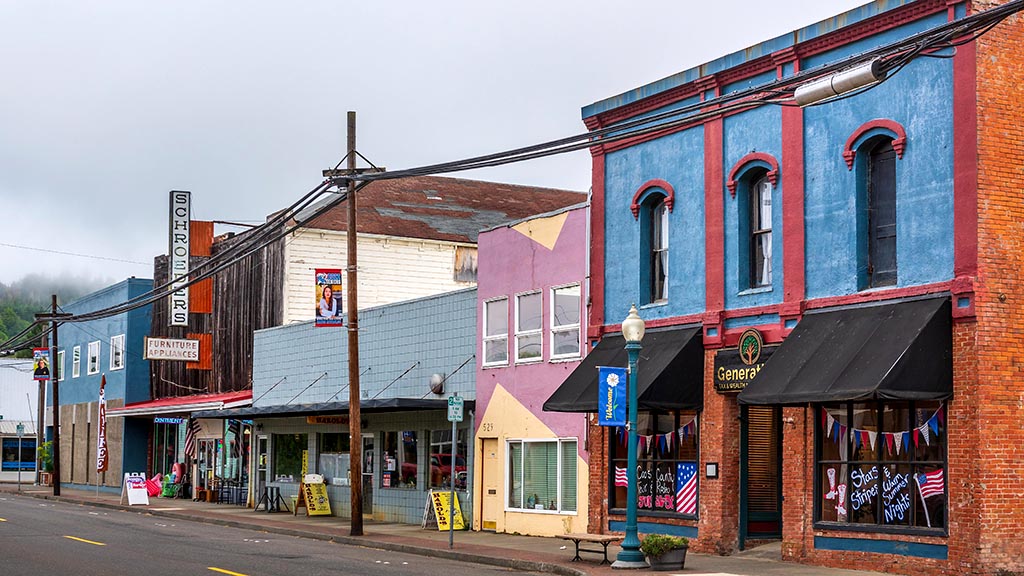Success Story
Community-based organizations help advance energy equity in rural Oregon
All utility customers eligible for Energy Trust’s energy efficiency and clean energy programs should have opportunities to directly participate in and benefit equitably from those programs. However, awareness of and access to these programs has historically lagged in low-income and rural areas.
Energy Trust has increasingly worked alongside community-based organizations in rural areas to address these inequities, leveraging their local knowledge and relationships to engage customers we haven’t reached in the past.
Here are three groups that Energy Trust has worked with to tailor energy efficiency programs to the needs of rural communities, offering a roadmap for delivering more equitable energy solutions:
- Illinois Valley Community Development Organization (IVCDO) in Josephine County collaborated with us to reach out to businesses and nonprofits about Energy Trust’s no-cost lighting upgrades. By leveraging IVCDO’s relationships in the community, we were able to efficiently explain program benefits, reduce skepticism and remove barriers to participation.
- Klamath Lake Community Action Services (KLCAS) in Klamath and Lake counties developed a comprehensive energy resource guide and coordinated workshops on new funding opportunities by tapping into the Resource Assistance for Rural Environments program at University of Oregon. Energy Trust also worked closely with KLCAS to create an outreach manager position dedicated to working with local organizations involved in residential energy. These efforts, combined with collaboration across local organizations, expanded access to energy efficiency and upgrade programs in these counties.
- Lake County Resources Initiative (LCRI) in Lakeview was one of the first organizations to enroll in Energy Trust’s Residential Community Partner Funding. This has allowed us to work with LCRI to facilitate energy upgrades for people with low incomes, including comprehensive home energy assessments and efficiency projects. For example, LCRI completed 139 energy assessments and 55 upgrades in a single year, far exceeding expectations.
